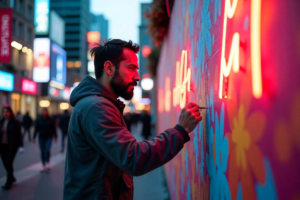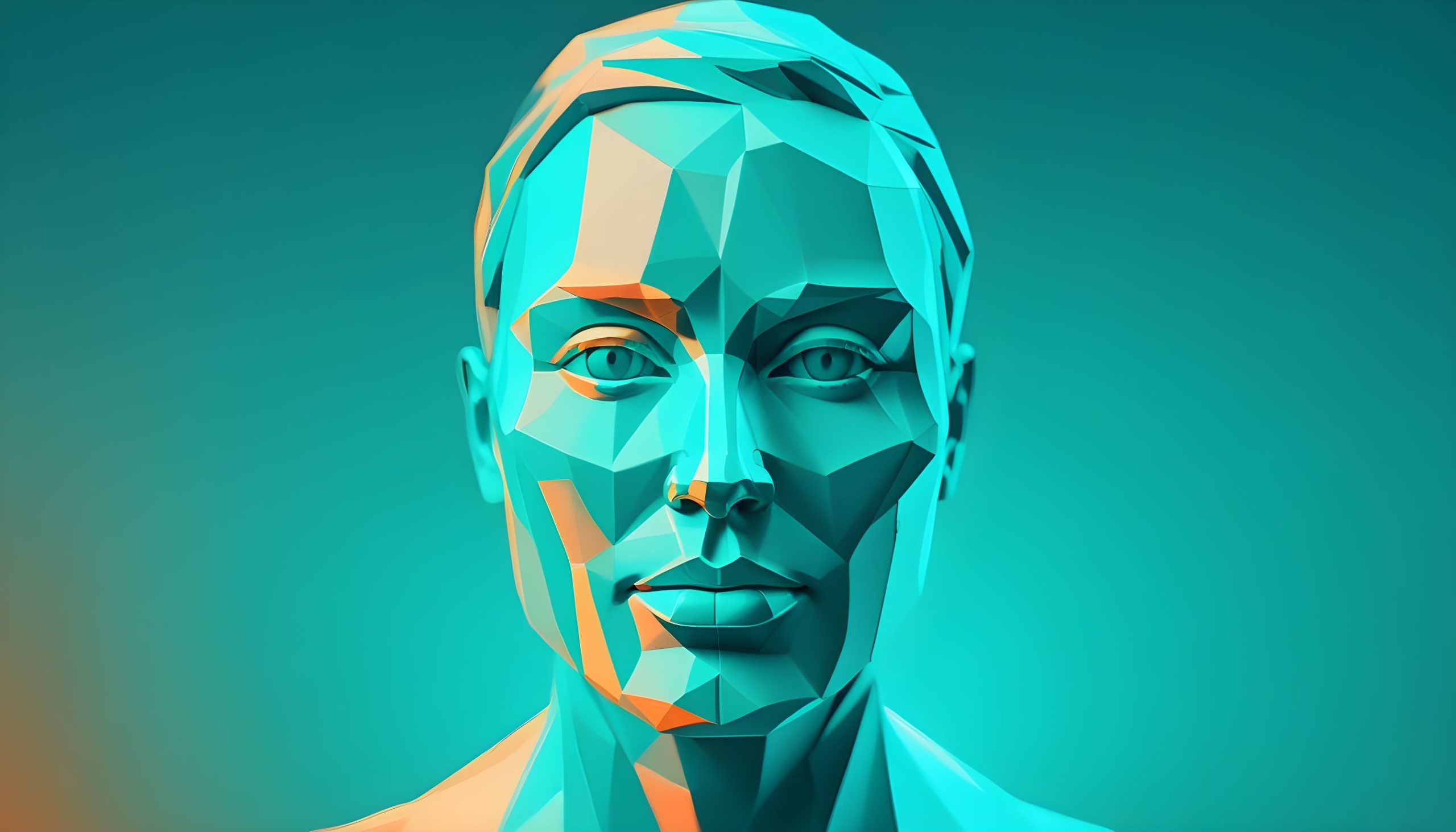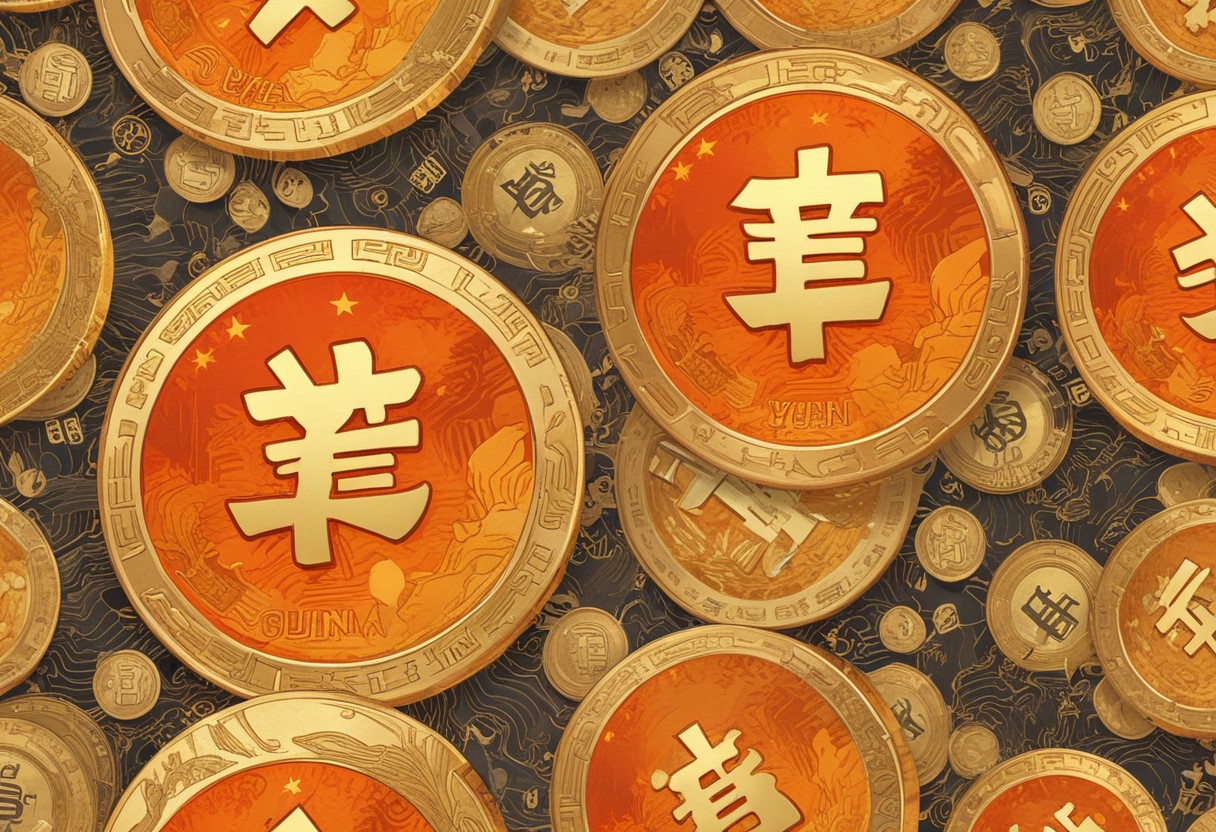In a vital move to address the growing threat of deepfake videos, the Indian Government is poised to introduce new regulations to combat the issue. Union Minister Ashwini Vaishnaw revealed the plan by the Ministry of Electronics and Information Technology (MeitY) to urgently foster trust in society and democracy. This is in alignment with Prime Minister Narendra Modi’s statement expressing his concerns about the technology.
Vaishnaw affirmed that the regulations would extend to encompass deepfakes created outside India but utilized within the country, with penalties being applicable. The proposed regulations will include penalties for both the individual responsible for uploading or creating the deepfake and the platform involved.
“When we will draft the regulation, we will also be looking at penalties on both the person who has uploaded or created a deepfake video, and also against the platform.’’
While deepfake technology has existed for some time, it recently gained significant attention from the government, particularly when a fake video of Bollywood actor Rashmika Mandana went viral. This incident prompted not only several prominent actors to advocate for legal solutions to combat the widespread use of this technology but also drew the attention of Prime Minister Narendra Modi, who highlighted the urgent need to address the issue of deepfakes.
This prompted the Ministry of Electronics and IT (MeitY) to take proactive measures, conducting meetings with pertinent industry stakeholders and AI specialists in order to regulate this pervasive technology.
The government aims to develop concrete measures in four critical domains: detecting deepfakes, curbing the dissemination of such content, enhancing reporting mechanisms, and raising awareness about the issue.
While in dialogue with academics, industry associations, and social media firms, Vaishnaw stated that the Indian government aims to complete the drafting of the regulations in the upcoming weeks, as per a Reuters report.
Vaishnaw further stated that the government will explore methods to unveil synthetic content, which may involve techniques such as watermarking AI-generated videos, detecting deepfakes, and implementing regulations against data bias.
When quizzed about the possibility of modifications to the current IT regulations or the formulation of a new law, he responded ‘’ we can bring this in the form of making amendments to the existing rules, or create new rules, or we can bring a new law.’’
The Minister also noted the availability of advanced technologies for detecting deepfakes, with experts in the field confirming their existence. However, he acknowledged the ongoing challenge akin to a “cat and mouse game” as individuals creating deepfakes continue to make them more elusive.
The subsequent meeting is planned for the first week of December, during which follow-up actions from the present meeting will be deliberated. In the interim, social media platforms and companies have pledged to undertake measures aligning with their internal guidelines
















